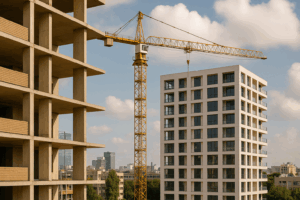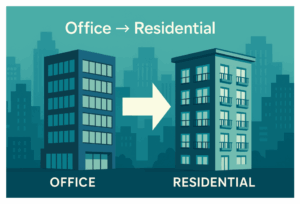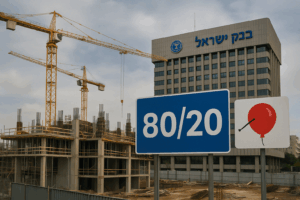Introduction
Local ordinances play a vital role in shaping the look, feel, and functionality of our communities. From determining which types of buildings can be constructed to regulating environmental protections, these laws directly influence property owners, developers, and entire neighborhoods. In this guide, we’ll explore what local ordinances are, how they control development, and why partnering with Renew Realty can make all the difference in navigating these regulations.
What Are Local Ordinances?
Local ordinances are laws or regulations enacted by a local government—such as a city council or county board—to address issues specific to their region. These could include land-use policies, zoning requirements, and even noise regulations. Because every municipality has unique priorities and challenges, local ordinances can vary widely from one place to another.
How Local Ordinances Control Development
By setting standards and guidelines, local ordinances shape the type of development that occurs within a community. These regulations may specify acceptable building heights, permitted land uses, and environmental impact considerations. In effect, they create a blueprint for sustainable and organized growth, ensuring the community’s needs are met while balancing economic development with public welfare.
Types of Local Ordinances That Impact Development
- Zoning Ordinances: These define what types of buildings and activities are allowed in specific zones (residential, commercial, industrial, etc.).
- Building Codes: Set minimum safety and construction standards, ensuring that structures meet basic requirements to protect occupants and the community.
- Subdivision Ordinances: Govern how parcels of land are divided and developed, often requiring official approval for any proposed subdivision plans.
- Environmental Ordinances: Limit or regulate development in ecologically sensitive areas, safeguarding natural habitats, water sources, and other vital resources.
How Renew Realty Can Assist
At Renew Realty, we have extensive experience in navigating the complexities of local ordinances. Our team stays up-to-date on evolving regulations, ensuring that you remain fully informed about how these laws impact your property or development plans. Whether you’re looking to build a new structure, purchase investment property, or develop a subdivision, our expertise can help you streamline the process and avoid costly delays.
We offer personalized consultations to assess your project’s needs, identify potential regulatory hurdles, and outline a strategic plan that aligns with local requirements. From coordinating with planning boards to managing documentation, we handle the details, so you can focus on your goals.
Conclusion
Local ordinances are more than just bureaucratic red tape—they are the framework that keeps communities safe, organized, and thriving. Understanding how they control development is essential for property owners, developers, and anyone looking to invest in real estate. By partnering with a knowledgeable team like Renew Realty, you can navigate these regulations confidently and make the most of your investment.
Ready to take the next step? Contact Renew Realty today for expert guidance on local ordinances, property investment strategies, and more.




